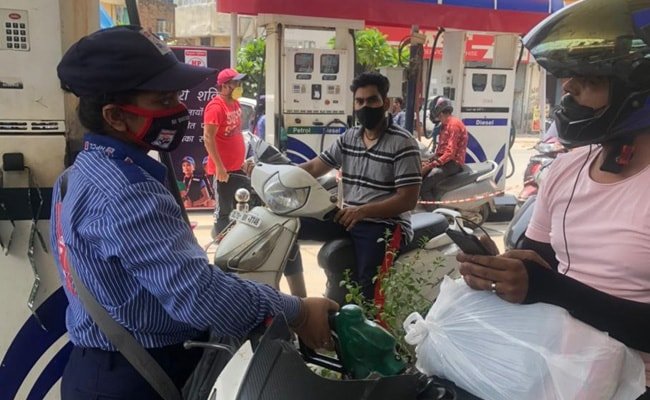On September 17, the Goods and Services Tax (GST) Council may consider taxing gasoline, diesel, and other petroleum products under a single national GST regime.
According to sources familiar with the development, the Council, which consists of central and state finance ministers, is also likely to consider extending the time for duty relief on Coronavirus essentials at its meeting on Friday in Lucknow.
GST is thought to be a solution to the country’s near-record high petrol and diesel prices, as it would end the cascading effect of tax on tax (state VAT being levied not just on the cost of production but also on the excise duty charged by the Centre on such output).
Based on a writ petition, the Kerala High Court asked the GST Council in June to make a decision on bringing petrol and diesel under the purview of the goods and services tax (GST).
According to sources, bringing petrol and diesel under GST would be brought before the Council for discussion in light of the court’s request.
On July 1, 2017, a national GST replaced central taxes such as excise duty and state levies such as VAT, but five petroleum products – petrol, diesel, aviation turbine fuel (ATF), natural gas, and crude oil – were exempted for the time being.
This is due to the fact that both the federal and state governments’ finances were heavily reliant on taxes on these products.
Because GST is a consumption-based tax, bringing petro products under the regime would have meant that states where these products are sold would receive revenue rather than states that currently benefit the most from them due to being the production centre.
The GST Council, chaired by Finance Minister Nirmala Sitharaman, may also discuss the modalities of extending the compensation cess beyond June 2024 at its meeting on September 17.
The GST Council will convene in person for the first time in 20 months. The most recent such meeting took place on December 18, 2019, prior to the pandemic-induced lockdowns.


